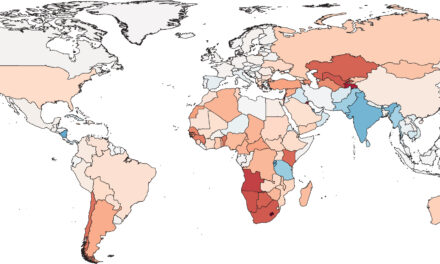
Researchers at the Indian Institute of Technology (IIT) Madras have unveiled a groundbreaking portable device capable of assessing skin conditions at a depth of up to 2 mm, marking a significant leap in diagnostic technology.
The device, developed by the team, offers a non-invasive, real-time assessment of alterations in skin conditions associated with various diseases such as scleroderma, diabetes, and rheumatoid arthritis. These conditions often manifest through changes in microcirculation within the skin, detectable through optical scattering.
In a statement, the team revealed that this innovative device is the first of its kind, capable of differentiating between control and disease conditions across multiple pathological states, all in a non-invasive setting.
Explaining the device’s mechanism, Prof. N. Sujatha from the Department of Applied Mechanics, IIT Madras, elaborated, “It examines the microcirculatory marker profile in the skin tissue’s backscattered light, allowing us to detect alterations caused by various disease conditions.”
Beyond medical diagnostics, the device holds promise for the cosmetic industry, facilitating the assessment of skin rejuvenation products’ effectiveness. Furthermore, it could revolutionize the monitoring of laser-based therapeutic procedures aimed at enhancing skin health.
Prof. Sujatha emphasized the promising results in the device’s initial trials while emphasizing the need for further research. “We’re working on a real-time version of the device and plan to expand its applications in skin rejuvenation,” she said.
The instrument operates by analyzing the skin tissue’s optical response to identify microcirculation alterations, processed and classified using advanced algorithms. This approach aims to develop pain-free optical biopsy techniques, offering real-time, portable, and user-friendly solutions without requiring skilled technicians.
Once optimized, these techniques are poised to surpass traditional tissue biopsy methods, providing a safer, more comfortable, and error-free diagnostic alternative for assessing skin health, according to the researchers. The team’s innovation has the potential to revolutionize skin health assessment, promising a new era of non-invasive and accurate diagnostics.










